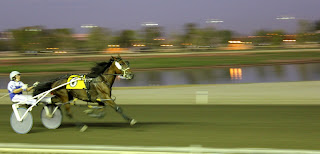I know a few people who simply don’t read. Well, that’s not quite accurate—they don’t read books. They read things on the internet, or they flip through magazines or the newspaper. Some simply aren’t interested in books, while others say they fall asleep as soon as they sit down with a book.
This is unthinkable.
My life would be immeasurably poorer without books. They’ve been my teachers and companions since I first deciphered letters on the page. If I were an Egyptian queen, I’d want to be buried with my library.
“I have always imagined that Paradise will be a kind of library.”
—Jorge Luis Borges
I find connection with other people through reading—a sort of validation that my feelings and thoughts are not unique to the world. I find this particularly in the writings of women, especially those who have the experience of trying to balance family commitments with some type of artistic life.
“We read books to find out who we are. What other people, real or imaginary, do and think and feel is an essential guide to our understanding of what we ourselves are and may become.”
—Ursula K. Le Guin
I read to learn—not only about practicalities, like how to take better photos (The Digital Photography Book) or use my time more effectively (168 Hours), but to see what it would be like to live in a different time, or as a man, or even as a horse (Black Beauty). As a writer, I read to improve my writing by immersing myself in beautiful language. I observe how other writers structure their work, and play with words. I read to try to understand other people’s points of view, thus expanding my own. I read to escape to new worlds, to laugh, to enrich my life. I know reading books isn't the only way to do these things, but I feel that people who don't read books miss out on a lot.
“If you would understand your own age, read the works of fiction produced in it. People in disguise speak freely.”
—Sir Arthur Helps
Mostly, though, I read for the sheer pleasure of it.
Why do you read?
“In a very real sense, people who have read good literature have lived more than people who cannot or will not read. It is not true that we have only one life to lead; if we can read, we can live as many more lives and as many kinds of lives as we wish.”
—S.I. Hayakawa















.jpg)


